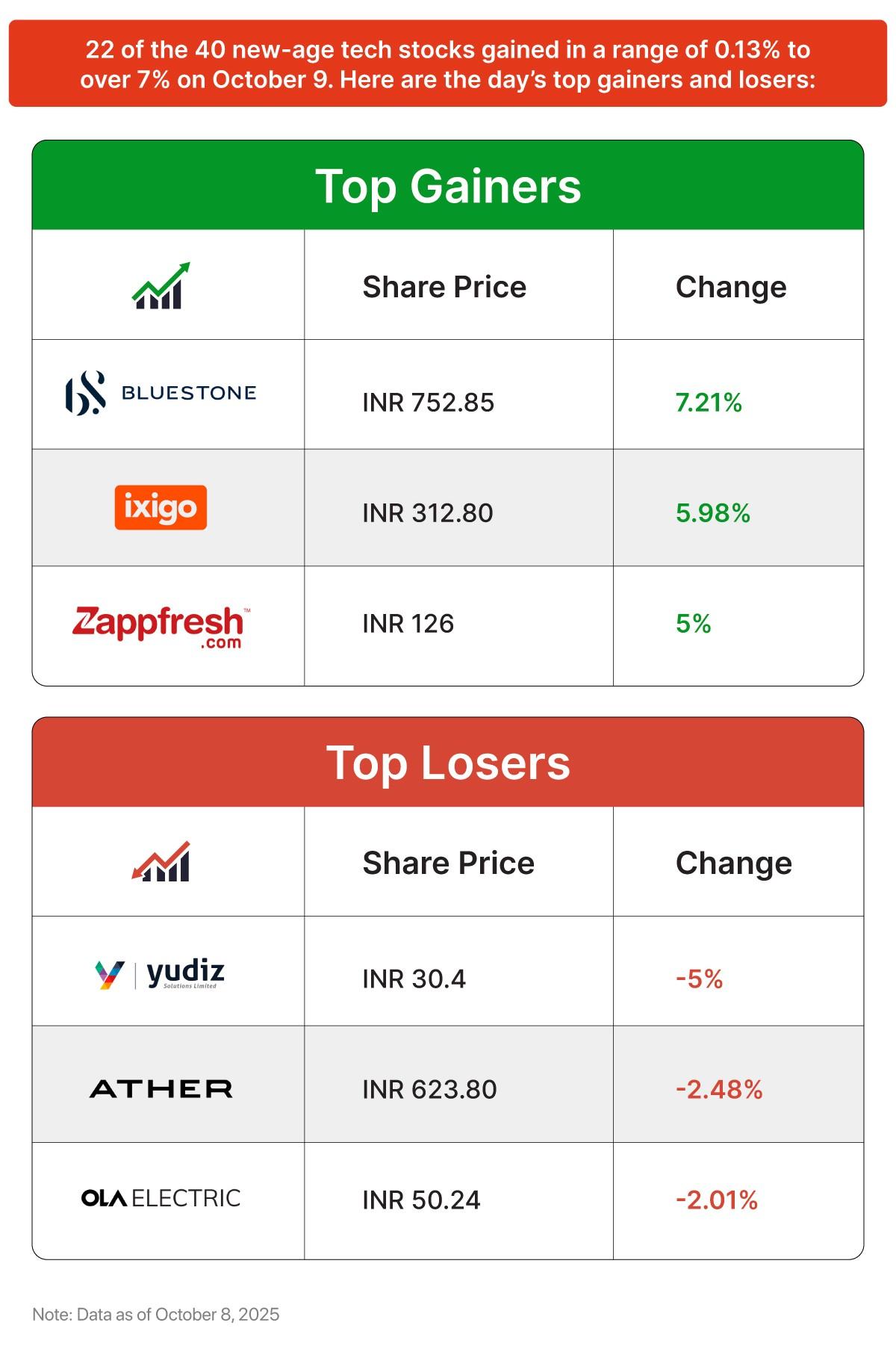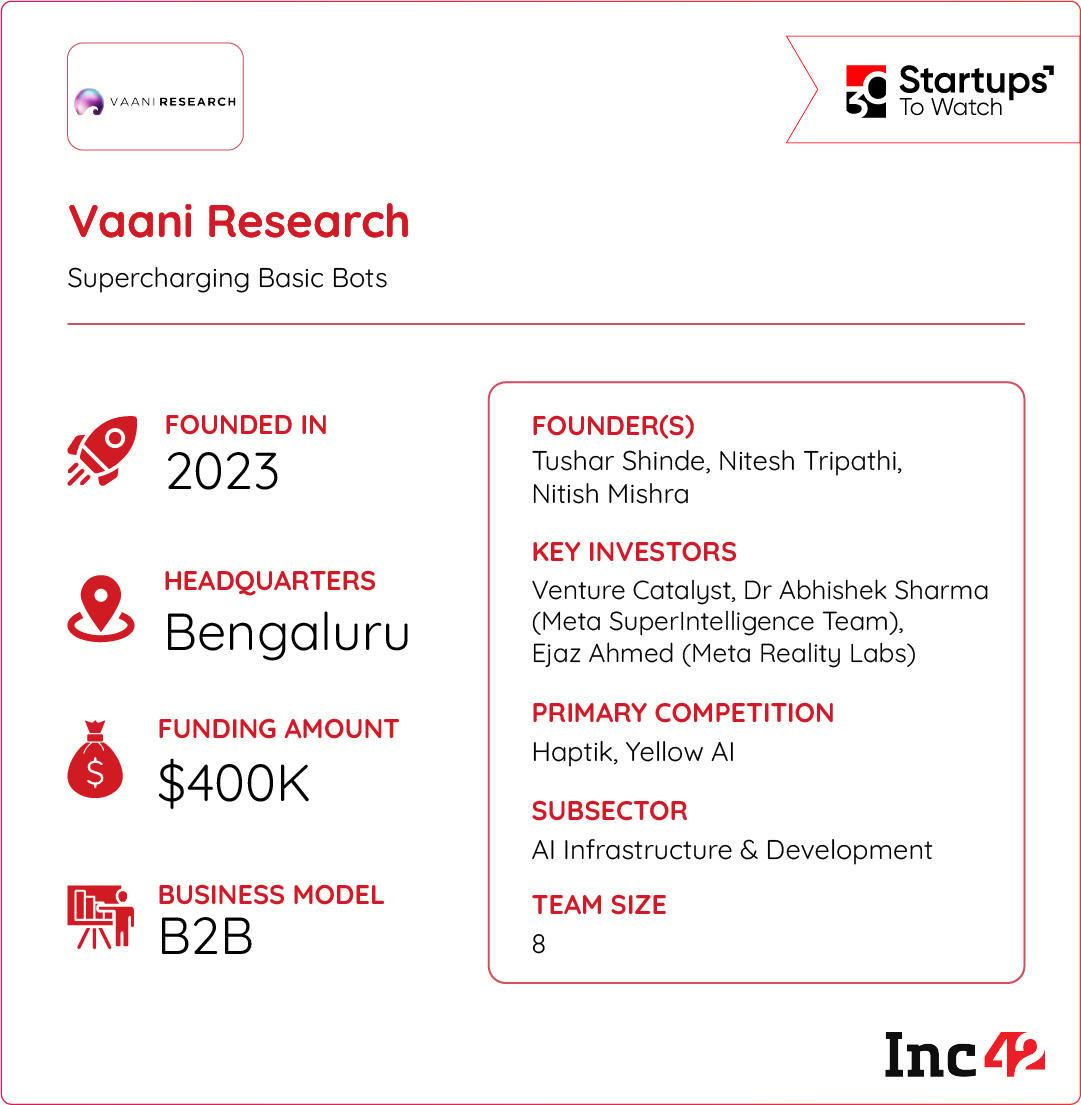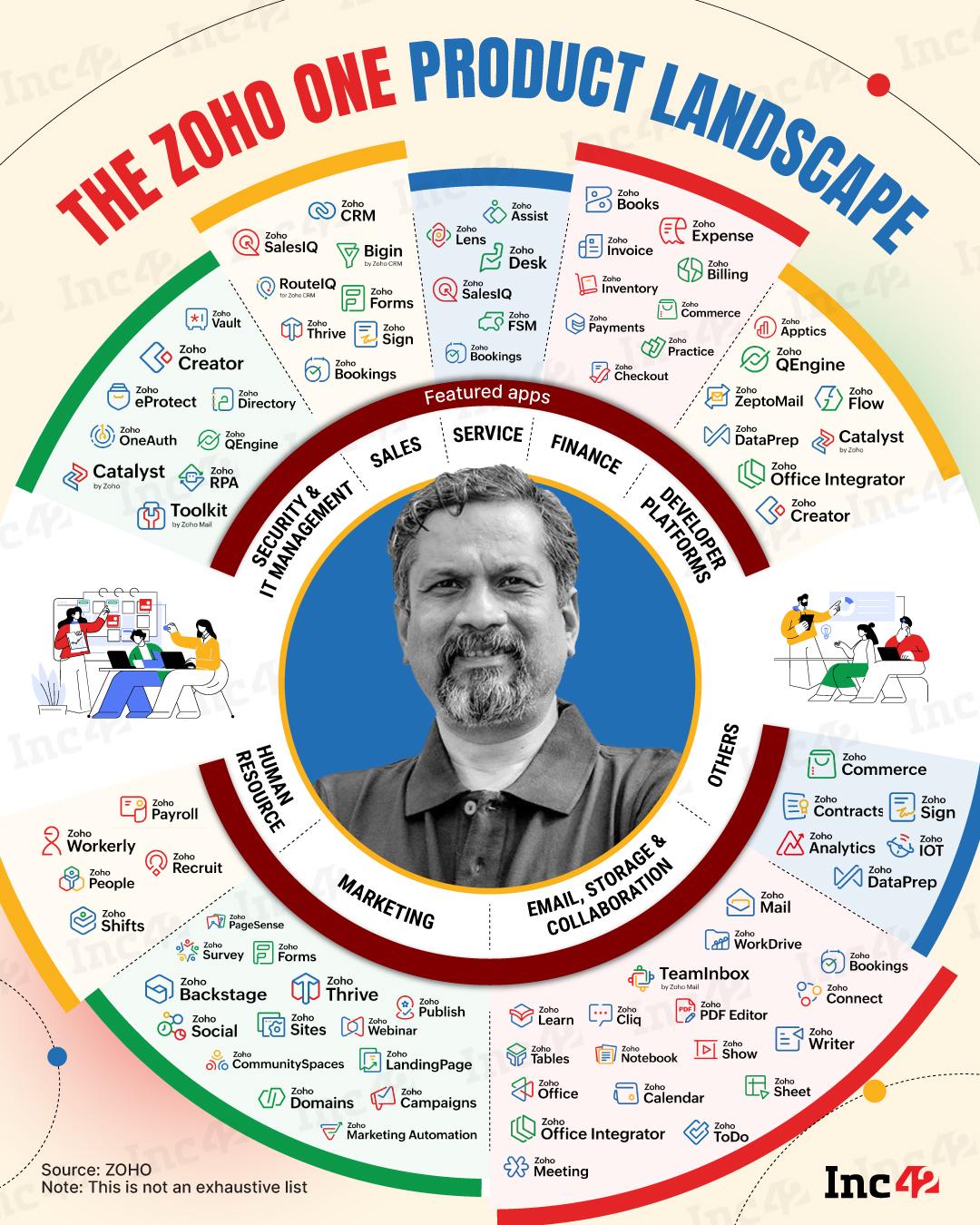In 2023, Tim Cook called India “a tipping point.” Two years later, that bet has paid off.
Apple has quietly transformed from an aspirational brand for a few to a mainstream force in India’s premium smartphone market. Today, it commands nearly a quarter of all smartphone value share — powered by its local manufacturing push, omnichannel expansion, and deep ecosystem play.
The numbers tell the story:
- INR 80K Cr in India revenue in FY25, up 13% YoY
- INR 1.50 Lakh Cr in iPhone exports from India in FY25, a 76% YoY surge
- INR 89K Cr worth of iPhones shipped in H1 FY26, up 75% YoY
- 19% higher pre-bookings for its new iPhone 17 compared to the previous generation
So, how did Apple crack India’s price-sensitive market?
The Premiumisation Wave: India’s smartphone landscape is shifting fundamentally. Phones above INR 45,000 now represent a quarter of all sales as consumers prioritise reliability over budget options. What also helped is that Apple shed its ultra-exclusive image, becoming an aspirational yet accessible choice for India’s digitally-savvy middle class.
The Omnichannel Push: Apple Stores aren’t just sales outlets, they’re brand experiences. The opening of each store reinforces premium positioning, while generating media buzz and targeting high-revenue metros. Partnerships with local ecommerce and quick commerce platforms also create multiple touchpoints and spur sales from non-metros.
The Services Lock-In: Beyond hardware, Apple’s services like Apple Music, TV+, iCloud, and AppleCare+ also monetise both new and legacy device owners. Each iPhone sale becomes a gateway to subscriptions, multiplying customer lifetime value and fostering deep ecosystem lock-in.
The Manufacturing Muscle: At the core of this expansion lies Apple’s Make-in-India thrust. For the first time, all iPhone 17 variants are being produced domestically for global and local markets. By 2026, Apple aims to shift its entire US-bound assembly line to India, cementing the country’s place in Apple’s global supply chain.
All said and done, the big tech giant has transformed a price-sensitive market into a premium growth engine. But can Apple sustain the momentum? Let’s find out…
From The Editor’s Desk- Bira 91 is looking to raise $100 Mn (INR 888.5 Cr) to settle dues, strengthen working capital, and invest in growth initiatives. Additionally, the company is planning a rights issue of INR 100 Cr ($11.7 Mn).
- The potential fundraise comes as Bira 91 is reacquiring state-level manufacturing and sales licenses under a new corporate identity.
- Bira built its beer empire as B9 Beverages Pvt. Ltd., but turning into a public entity forced it to drop ‘Private’ and reapply for licences, hitting its revenues in FY25.
- Following its second straight year of improved performance in FY25, with revenue up 25% YoY to INR 4,657 Cr and losses down 28% YoY to INR 424 Cr, the used-car platform is now gearing up for an IPO.
- The company’s steady financial recovery comes as India’s used-car market gains momentum, with peers like Cars24 and CarDekho also eyeing public listings.
- Founded in 2015, Spinny is backed by investors like Tiger Global, Accel and Abu Dhabi Growth Fund. It has raised over $660 Mn to date and was last valued at around $1.8 Bn.
- Tamil Nadu’s CM M.K. Stalin launched Inc42’s The State Of Tamil Nadu Startup Ecosystem Report 2025 at Global Startup Summit 2025 on October 9.
- Home to 12K startups, the state has attracted $4.2 Bn funding since 2016 and has minted five unicorns, including names like Zoho, Freshworks and Chargebee.
- Now India’s third-largest deeptech hub, the state’s startups in space, defence, and hardware have collectively raised over $184 Mn to date. Even more striking, 50.1% of its DPIIT-recognised startups are women-led, the highest share in the country.
- Shares of D2C meat delivery startup Zappfresh listed at INR 120 apiece on the BSE SME, a 20% premium above its issue price at INR 100.
- Initially scheduled to close on Sept 30, the company’s public issue was extended until Oct 6 amid a tepid investor response. To draw more interest, Zappfresh also trimmed its price band to INR 95–100. Eventually, its IPO closed with 1.36X oversubscription.
- The healthy subscription came on the back of Zappfresh, nearly doubling its profit YoY to INR 9.1 Cr in FY25 and the top line crossing the INR 100 Cr mark. It reported an operating revenue of INR 130.7 Cr in FY25, up 45% YoY.
 Razorpay, OpenAI Band Together For Agentic Payments
Razorpay, OpenAI Band Together For Agentic Payments - Razorpay has joined forces with OpenAI to launch agentic payments on ChatGPT and explore AI-driven commerce at a national scale.
- Lenskart announced UPI integration with its upcoming smart glasses. With this, its users can now instantly complete transactions by simply scanning a QR code with their smart glasses, eliminating the need for a phone or PIN.
- PayU India launched UPI NXT Stack to help businesses reduce delayed refunds, and rolled out TPAP NXT to enable merchants to integrate full-scale UPI payment capabilities.
 SoftBank’s $1.2 Bn India Semiconductor Play
SoftBank’s $1.2 Bn India Semiconductor Play - The Japanese tech investor-owned semiconductor company Graphcore plans to invest up to INR 11,860 Cr in India over the next decade to set up a campus in Bengaluru and develop advanced AI computing hardware.
- This would create 500 semiconductor engineering jobs in India and significantly scale Graphcore’s global operations.
- Owing to the growing adoption of AI, Centre’s PLI and an expanding talent pool in India, semiconductor giants, from NVIDIA to Micron, are making a beeline to set up shop in the country.

Enterprises using voice agents and contact-centre automation often hit a wall with basic bots that struggle with long, complex conversations, context switching, emotional cues, and compliance. Even with advances in voice AI and large language models, many systems remain fragile, limiting their effectiveness in customer-facing and frontline tasks.
Giving Robust Voice To AI: Noticing that most voice agents relied on off-the-shelf components and couldn’t handle branching dialogues, IISc alumni Tushar Shinde and Abhinash Khare founded Vaani Research Labs in 2023.
The Bengaluru-based startup builds robust voice AI frameworks for enterprises, powering customer support, lead generation, product qualification, and engagement lifecycles. Its technology combines NLU, ASR, and TTS models optimised for real-time use, noise separation for background audio, and advanced dialogue management capable of multi-turn conversations, context switching, interruptions, and objection handling.
Sector-Wide Engagement: Vaani targets sectors like BFSI, insurance, telecom, and customer support, where complex workflows demand more than simple FAQ bots. As enterprises increasingly adopt GenAI for customer engagement, could Vaani become the backbone of intelligent human-machine interactions?

From CRM to cash, Zoho is taking a big leap into fintech with the launch of its PoS devices, virtual accounts, and more. The SaaS giant is now aiming to be a fintech powerhouse.

The post Apple’s India Tryst Grows Stronger, Bira 91’s Rebound & More appeared first on Inc42 Media.
You may also like

Loose Women's Charlene White announces her dad has taken his own life in heartbreaking post

Liam Gallagher's poignant final gesture to Ricky Hatton after boxing legend's funeral

'Clean living' Brits splash out £5.6bn a year on organic beauty products in growing trend

Post Office RD Scheme 2025: Invest ₹25,000 Monthly and Earn Over ₹17 Lakh in 5 Years – A Safe and Smart Savings Option

Punjab to launch portal for citizen-centric services







